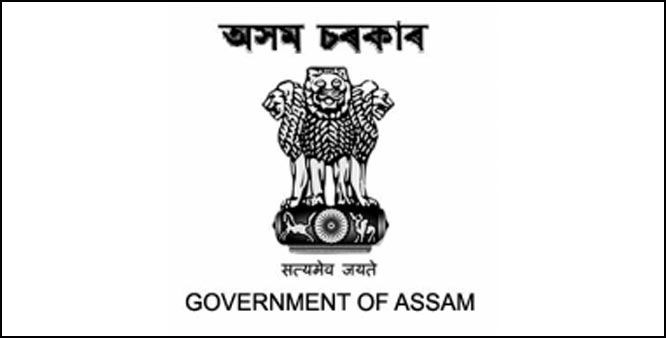The Assam government has directed the state police to cease their ongoing data collection on Christian institutions. The move comes in response to widespread criticism and concerns from various quarters, including religious organizations, political leaders, and civil society groups, who viewed the exercise as discriminatory and intrusive.
The directive to halt the data collection was issued by the Assam Chief Minister, Himanta Biswa Sarma, following a public outcry that the survey could lead to religious profiling and heighten tensions within the state’s diverse communities. The controversy erupted after reports surfaced that the Assam police had begun gathering detailed information about Christian institutions, including schools, churches, and related organizations.
Critics of the survey argued that it singled out the Christian community, which constitutes a minority in Assam, and questioned the motives behind such an initiative. The data collection effort, which included queries about the number of institutions, their locations, and the demographics of their congregations, was seen by many as an infringement on religious freedom and privacy.
Religious leaders from various Christian denominations expressed their alarm and dismay over the police actions. Bishop Thomas Pulloppillil of the Diocese of Bongaigaon was among those who voiced strong opposition. “This kind of targeted data collection is unprecedented and raises serious concerns about the intent behind it. It is crucial that all communities feel secure and respected, without any fear of being singled out,” he stated in a press conference.
The opposition political parties also condemned the data collection, accusing the ruling government of fostering an environment of distrust and division. Congress leader Debabrata Saikia called for a clear explanation from the government regarding the purpose of the survey. “We live in a secular country where every religion is equal before the law. Actions like these undermine the very fabric of our democracy,” he asserted.
In response to the mounting criticism, Chief Minister Himanta Biswa Sarma clarified that the data collection was part of a broader initiative aimed at understanding the demographics and functioning of various religious institutions in the state. However, he acknowledged the concerns raised and assured that there was no intention to target any particular community. “The government is committed to ensuring the safety and security of all its citizens, irrespective of their religious beliefs,” Sarma said in a statement. He further emphasized that the directive to stop the survey was issued to maintain communal harmony and public trust.
Civil society organizations and human rights activists welcomed the government’s decision to halt the survey but stressed the need for greater transparency and sensitivity in handling such issues in the future. John Moolachira, President of the United Christian Forum of North East India, remarked, “While we appreciate the government’s prompt response, it is essential to foster an inclusive environment where all communities feel valued and protected. Any actions perceived as discriminatory can lead to mistrust and unrest.”
The controversy also highlighted the broader issue of religious freedoms and the need for policies that reflect the pluralistic nature of Indian society. Analysts pointed out that while data collection for administrative purposes is necessary, it must be conducted in a manner that is impartial and respects the rights and freedoms of all communities.
Looking ahead, the Assam government has promised to review its approach and engage in dialogue with religious leaders to ensure that any future data collection efforts are transparent and inclusive. This incident serves as a reminder of the delicate balance required in a multicultural and multi-religious society like India, where the rights of minorities must be protected with the utmost care.
As the situation evolves, the focus now shifts to rebuilding trust and ensuring that all communities in Assam feel secure and respected. The halt in data collection is a step in the right direction, but it underscores the ongoing need for vigilance and sensitivity in governance to uphold the principles of secularism and unity in diversity that form the cornerstone of the Indian Constitution.

